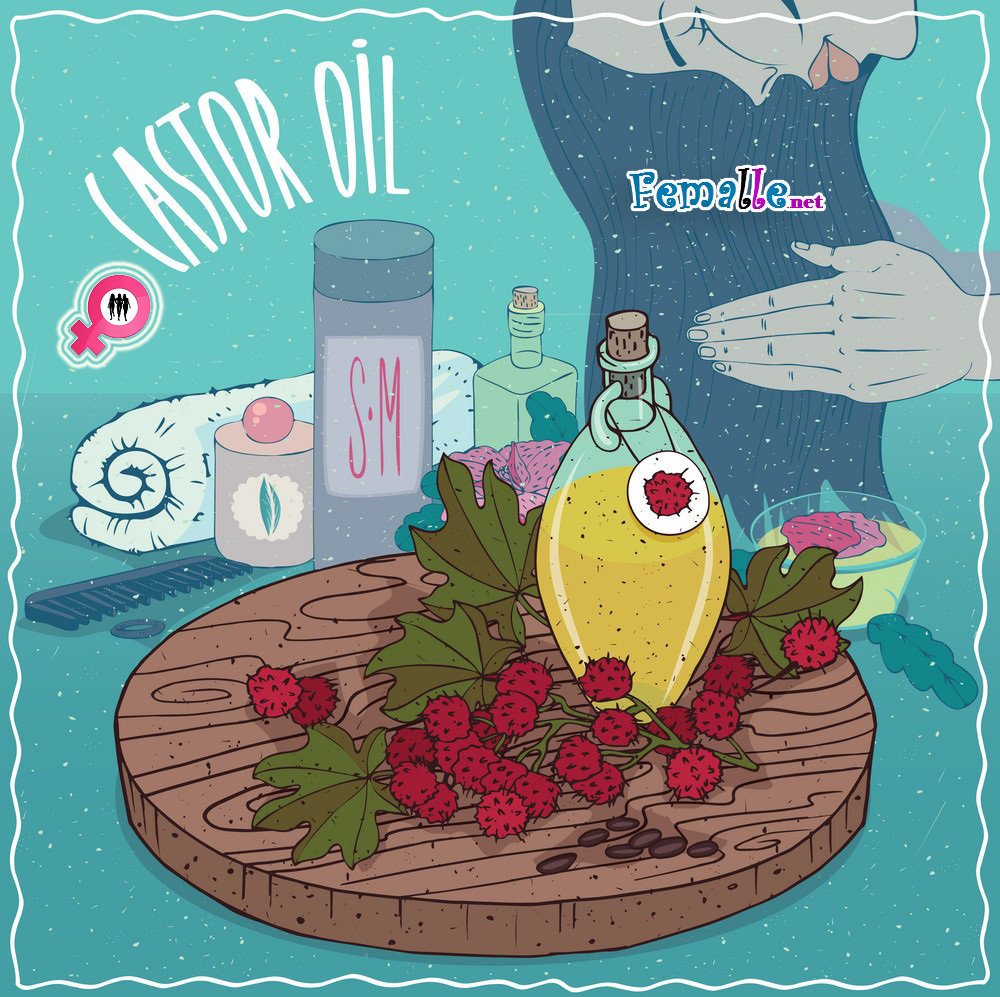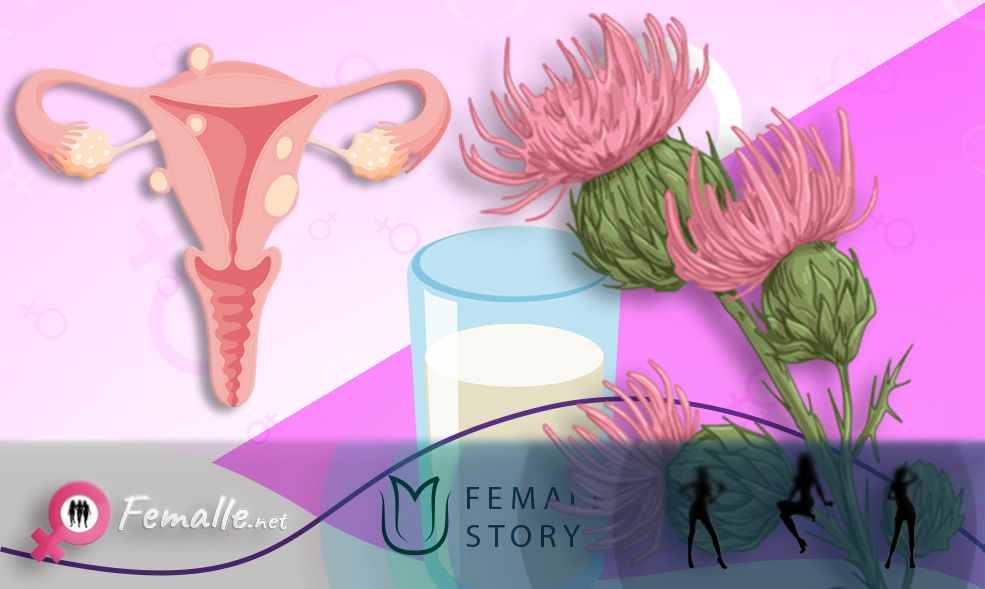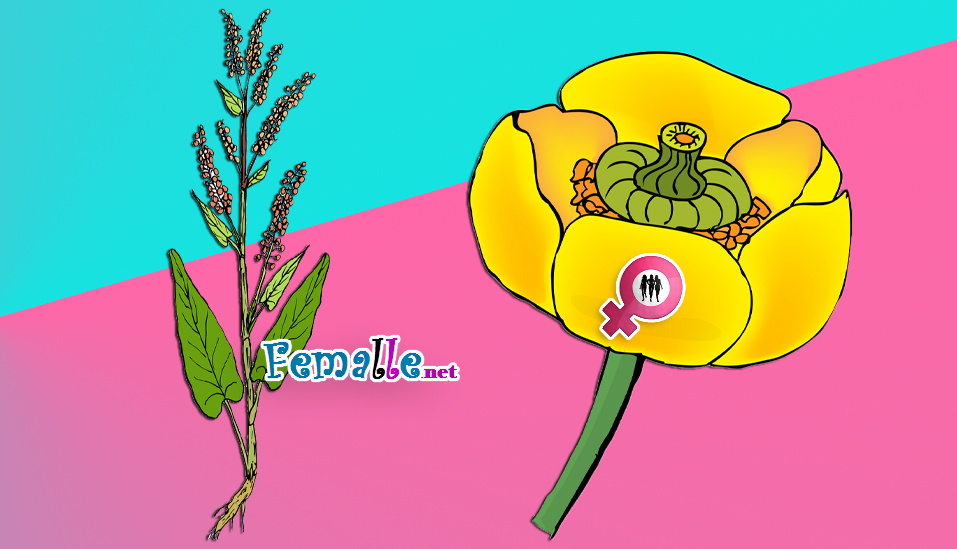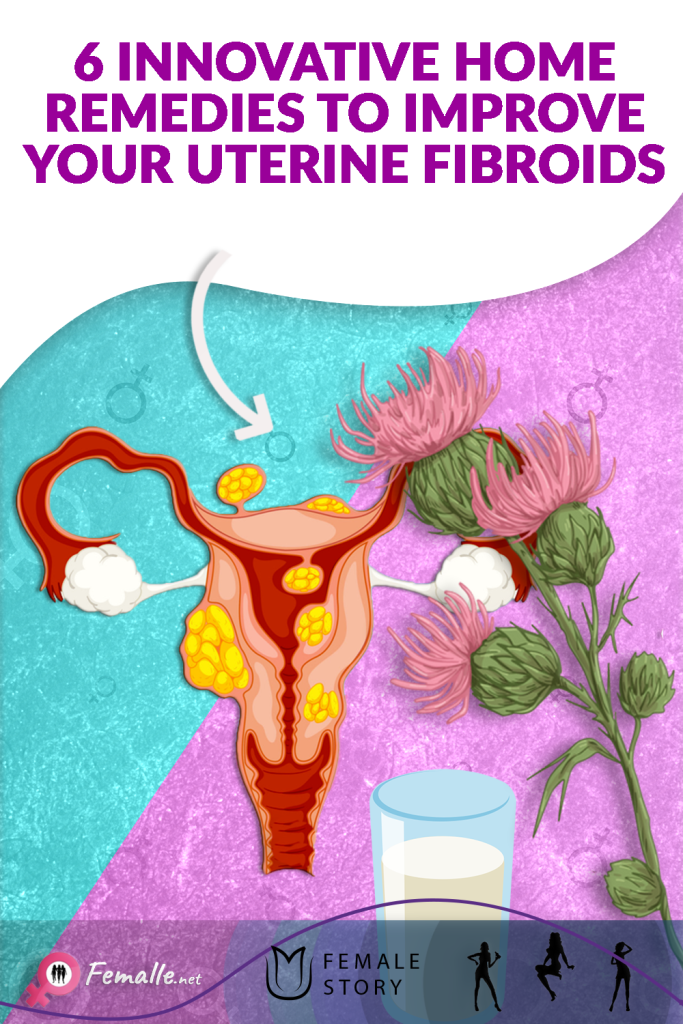6 Innovative Home Remedies To Improve Your Uterine Fibroids
The uterine fibroids can treat in various ways, from drugs to surgical procedures. However, there are also home remedies for uterine fibroid which in turn are very useful.
It estimated that 50% of women of childbearing age could develop fibroids or uterine polyps, which are usually not accompanied by any symptoms.
What Are Uterine Fibroids
The cause of fibroids has not yet determined, although much research is done. Because fibroids need hormones like progesterone and estrogen to develop, women who have been through menopause are less to suffer from this condition.
Types Of Uterine Fibroids
There are five types of uterine fibroids, which are called different names depending on their location on the wall of the uterus:
- Subsumed uterine fibroids
- Pediculated uterine fibroids
- Intramural uterine fibroids
- Submucosal uterine fibroids
- Intracavitary uterine fibroids
Here’s a brief description of each of these types of uterine fibroids:
-
Subsumed uterine fibroids – These are fibroids that have been absorbed into the wall of the uterus. They may not be visible during imaging tests, and their presence may only be detected by examining the uterine tissue under a microscope.
-
Pediculated uterine fibroids – These are fibroids that grow on a stalk or stem attached to the uterus. They can grow inside the uterus, outside the uterus, or hang from the uterus like a pendulum.
-
Intramural uterine fibroids – These are the most common type of fibroids, and they grow within the muscular wall of the uterus. They can cause the uterus to become enlarged, and may lead to heavy menstrual bleeding or pelvic pain.
-
Submucosal uterine fibroids – These fibroids grow just underneath the lining of the uterus and can protrude into the uterine cavity. They can cause heavy menstrual bleeding, prolonged menstrual periods, and other menstrual irregularities.
-
Intracavitary uterine fibroids – These fibroids are located inside the uterine cavity and can cause significant symptoms such as heavy menstrual bleeding, pelvic pain, and infertility. They may also increase the risk of miscarriage.
Symptoms Of Uterine Fibroids
Despite being benign, a uterine fibroid may present some symptoms:
- Heavy bleeding during menstruation
- Prolonged menstruation
- Menstrual cramps
- Pain during intercourse
- Swelling in the lower abdominal area
Symptoms of the fibroid can cause in some women anemia and infertility. Seek out a gynecologist if you are feeling some of the above for a safe diagnosis.
How To Prevent Uterine Fibroids?
There are no precise measures for prevention, although several studies have found that women who had a healthy weight and who exercised more were less prone.
Fibroids need high levels of estrogen for their development, so experts recommend including in the diet foods rich in isoflavones, which help to reduce sexual hormone levels and regulate hormone balance, as well as being natural antioxidants. One of the essential foods rich in isoflavones is soy.
Concerning foods high in fat and sugars, ingest foods rich in vitamin E (which regulates the production of hormones) and vitamin C (which reduces inflammation and is antioxidant). The most effective preventive measure is to go to the gynecologist regularly.
Between 30 and 40 years old, overweight or obese and never having given birth are some of the risk factors for the development of uterine fibroids.
Home Remedies For Uterine Fibroids
You may also use alternative treatments for uterine fibroid, which can help to fight your symptoms such as heavy bleeding during menstruation and colic.
1. Ginger
This root can be beneficial in the treatment of uterine fibroids, as it promotes blood circulation, improving circulation to the uterus. It may help to reduce fibroids.
2. Castor oil

Another good home remedy for uterine fibroids is castor oil. You need to dilute it in water and consume daily in the amount stated on the package. You can also make poultices with castor oil and place it on your abdomen.
3. Dandelion
This plant improves liver function and biliary flow, promoting better digestion. The dandelion considered an excellent ally for the organism since it removes the toxins and eliminates the excessive estrogen. It is recommended to consume it as an extract, or as a tea daily.
4. Milk Thistle

Another plant that can help with fibroids is milk thistle. It can improve liver function, promote the elimination of toxins and prevent excessive hormone production, such as estrogen. Its consumption can be concentrated in the extract, although it is also possible to use it as an infusion.
5. Carrot and beet juice
You can include more beta-carotene and vitamin A in your diet during the treatment of fibroids. Beet and carrot juice is a healthy source of these vitamins. It is advisable to consume it fresh, before breakfast, 5 days a week, until your fibroids subside.
6. Root of the yellow dock

This plant, like the dandelion, stimulates the liver and promotes the cleansing of the body. Also, it simultaneously regulates hormone levels, such as estrogen, and is recommended for the treatment of fibroids. The extract of this plant can use daily.
Food Recommendations For Uterine Fibroids
As uterine fibroids have linked to a poor diet, which creates metabolic problems. Follow the recommendations below and try to avoid this problem:
- Avoid simple carbohydrates like sugar, sweets, industrialized cakes, soft drinks, among others. Recommended sources of carbohydrates include whole grains such as brown rice, whole grains, etc.
- Eat foods rich in fiber like vegetables, fruits, whole grains, and oily vegetables and seeds.
- Try to reduce the consumption of fats by opting for lean foods. Avoid cuts of meat that contain a lot of fat, such as pork, sausage, and processed meats. Give preference to low-fat preparations, such as meals that are cooked, grilled, etc.
- Avoid caffeinated beverages such as coffee, some teas or cola drinks. Consuming too much caffeine can alter your metabolism. It is better to drink fresh water.
Additional Information
Natural alternatives may also be useful for treating uterine polyps, but we recommend that you seek help from a gynecologist in cases of fibroids for safe guidance and evaluation. It is worth noting that the treatments may vary depending on the case and the type of uterine fibroid.
Originally posted 2019-06-13 09:36:50.


